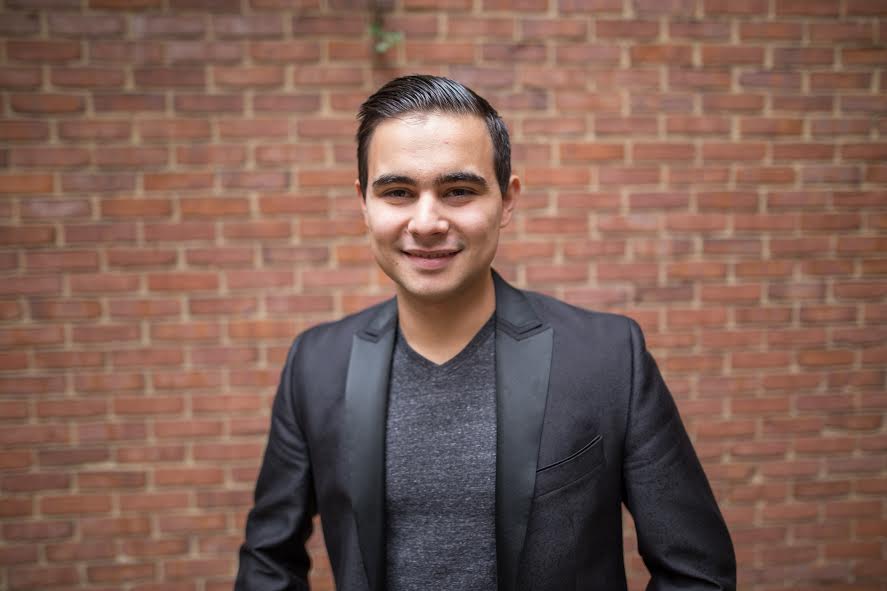Let’s begin with a simple thought experiment. Adam believes that no beliefs are better than others, while Sally believes that some beliefs are better than others. With whom do you agree?
If you agree with Sally, you believe that some beliefs are better than others. If you agree with Adam, you still believe that some beliefs are better than others, because by agreeing with Adam, you agree that “no beliefs are better than others” is a better belief than “some beliefs are better than others.” If you tried to subvert the question by refusing to agree with either, which, admittedly, is something I might try to do, that’s implying the superiority of your third belief to both those of Adam and Sally, still putting you in the camp of “some beliefs are better than others.”
Though this thought experiment may incite the ire of friends, acquaintances and strangers, its purpose is to lead an individual to the realization of the innate truth that some beliefs are better than others. This idea is not only a belief, but also a process that allows for both individual and societal progress, validated by simple truths. We know that 2+2=4 is a better belief than 2+2=5 because the latter is simply not mathematically true. To take this one step further, consider a society where animal abuse is commonplace and considered the norm. Most people would probably agree that a better society would be one where animal abuse is considered wrong on ethical principle. Believing that some beliefs are better than others gives us the courage to point out something that is not okay and say so with confidence.
What I’m trying to argue here is that it is okay — good, even — to say that some beliefs are better than others. Often it is more comfortable to say that no beliefs are better than others in an effort to be nice or not offend, but ultimately this benefits no one, as it may instead validate inferior, incorrect or even morally wrong beliefs. If we are to grow as individuals, it is necessary that we challenge our own beliefs and think critically about them. Change and progress are necessary for not just general happiness and well-being, but a deeper, more fulfilling sort of happiness — what Aristotle calls eudaimonia, best translated as “human flourishing.”
This goes beyond just challenging societal norms: gender roles, race relations, socio-economic divides, etc. It’s one thing to question collective, abstract ideas and beliefs that a large group of people generally hold, but it’s arguably more effective, if more difficult, to challenge each other directly, in person, as individuals. Society is, at its core, comprised of individuals, and therefore the work of human flourishing and societal change is best done on an individual basis. This may seem daunting in a world more densely populated than ever, but society doesn’t change overnight, and this is even more true when one avoids a conflict of beliefs by wrongly relativizing truth, even with good intentions.
Relativizing truth means “while x may be true for you, y is true for me,” especially when x and y are directly contradictory statements. This is different than agreeing to disagree. The former rejects change and progress in any previous or subsequent discourse on the subject, while the latter implies that though neither party changes their stance, a conflict of beliefs is acknowledged, and both parties are required to think critically about their own beliefs and those opposing them. A good service is done either way: Either one party exchanges their belief for a better one, or the argument for their belief is refined and improved as a result of a challenge.
One of my high school teachers, a Christian, once told me about a good friend of his, an atheist. He gave him a copy of C.S. Lewis’ Mere Christianity, not that he might convert, but that he might become a better atheist. He remained an atheist after finishing it, but finished it as a better atheist, one with more conviction after being challenged in his beliefs. Their intellectual relationship helped my teacher in many moments of cognitive dissonance, even those concerning his faith. An avid evangelist might view this situation as a failure, but in reality, both my teacher and his friend grew as individuals, which is what ought to happen after a conflict of beliefs.
To conclude, I’d like to issue a challenge to anyone reading this. Ask yourself: Are my beliefs logically consistent? What do I believe, and why do I believe it? This is just a start. It’s certainly no replacement for going out in the world and engaging in individual dialogue with one another. So the next time you experience cognitive dissonance, or encounter a conflict of beliefs, don’t try to avoid it — instead, embrace it with a smile on your face, for it is an opportunity to grow and flourish as an individual.
Dominic Rottman is a first-year in the College of Arts and Science. He can be reached at [email protected].

